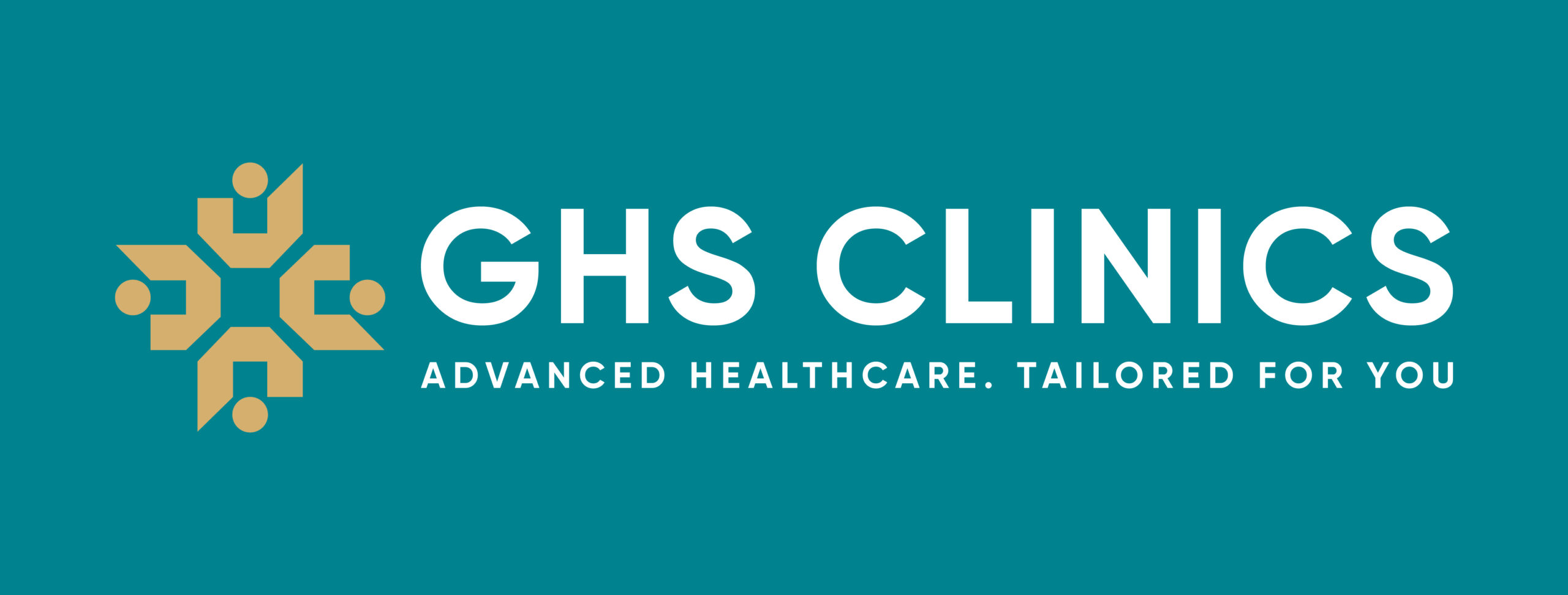Your Second Prime
Second Prime™ is an evidence-based system for high-functioning adults to reclaim control of their health, upgrade physical and cognitive performance, and build a personalized plan for thriving in life’s most influential decades.
Live Stronger. Think Clearer. Age Slower.
Second Prime ™ is for those who are done with vague advice, generic plans, or fragmented care.
It’s for people ready to own their health with precision, partnership, and purpose.
And it’s ready for you.
The science behind Second Prime ™
‘Age slower’ reflects our focus on building strategic, evidence-based lifestyle interventions shown to support healthier cognitive, emotional, and metabolic aging.
At GHS Clinics, we believe that healthy aging isn’t about reversing time, it’s about investing in the systems that help you thrive as the years progress. When we say “Age slower,” we’re not promising to stop aging. Instead, we’re helping you design a strategy to do it better.
Research from around the world increasingly shows that lifestyle factors; nutrition, movement, sleep, stress management, metabolic control can profoundly influence how we age. These factors don’t just affect how we feel day to day. They shape cognitive clarity, immune function, hormonal balance, cardiovascular health and emotional resilience across the decades.
Second Prime™ is our flagship programme built around that insight. It’s not a generic health check. It’s a long-term, evidence-based strategy for living with intention, vitality and clarity as you age.
Button – Request further information (links to a bespoke enquiry form which is the same as above)
To support our programmes, we draw on a growing body of scientific literature that demonstrates how targeted lifestyle interventions can slow the progression of biological ageing processes, improve healthspan, and maintain resilience across key physiological domains.
Kaeberlein, M. (2018).
How healthy living shapes epigenetic ageing. Nature Reviews Genetics, 19(8), 507–522.
- Discusses how environmental and behavioural factors modulate biological ageing markers at the cellular level.
Fabbri, E., et al. (2020)
Association of long-term regular physical activity with biological ageing in older adults. JAMA Network Open, 3(10), e2016951.
- Longitudinal study showing slower epigenetic ageing in individuals with higher levels of physical activity.
Longo, V., & Panda, S. (2016)
Fasting, circadian rhythms, and time-restricted feeding in healthy lifespan. Cell Metabolism, 23(6), 1048–1059.
- Highlights the impact of circadian-aligned eating and intermittent fasting on markers of health and cellular ageing.
Levine, M. E., et al. (2015).
DNA methylation age of blood predicts all-cause mortality. Aging, 7(4), 540–550.
- Ground-breaking study connecting lifestyle-driven epigenetic clocks to longevity outcomes.
Mathur, S., et al. (2022)
Personalised health interventions and their effect on biological age: a multi-domain longitudinal study. Frontiers in Aging, 3, 873124.
- Explores integrative, multi-domain interventions on measured biological age and system resilience.
Levine, M. E., et al. (2015).
DNA methylation age of blood predicts all-cause mortality. Aging, 7(4), 540–550.
- Ground-breaking study connecting lifestyle-driven epigenetic clocks to longevity outcomes.
